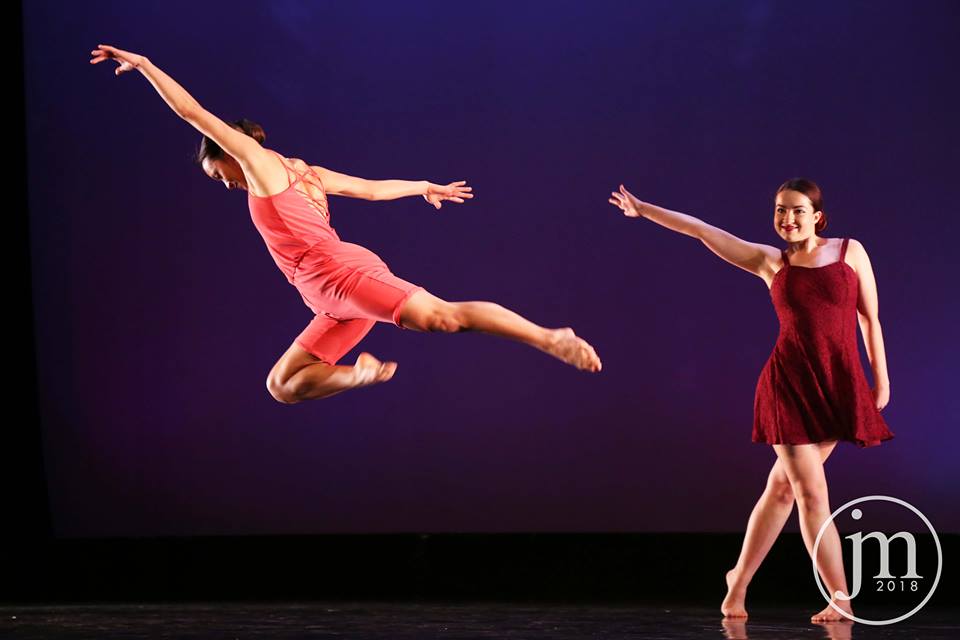Explore the Arts at Western Washington University
Bellingham and Whatcom County are fortunate to be the home of Western Washington University (WWU). The campus art galleries, renown outdoor sculpture collection, installations and exhibitions, performing arts, museums and historical archives deepen the arts and cultural experience of students, visitors and locals. Below is an overview of the opportunities available to appreciate the art, film, music, dance and theater performances you’ll find at WWU all year long.
Outdoor Sculpture Collection
When the weather is good (and even when it’s not) I like to stroll through the diverse, thought-provoking outdoor art sprinkled throughout the WWU campus. The best part is, viewing is free and I can explore at my own pace. Part of the charm of the sculptures is their placement in the surrounding landscape. Because they’re outside, you can see them almost any time and usually without a crowd.
Western’s sculpture collection is noted to be one of the top ten university collections in the entire United States, and showcases major artists of the 20th Century. With an environmental focus and a minimalist theme, the collection varies from autonomous objects, participatory art, land-based art and art as a structure. Because each piece was added to the collection over a span of many decades, the entire campus is dominated by these diverse and amazing sculptures that are each rich with history. You’ll be fascinated by the artists, the meaning in each piece, and for some, their purpose.
You can read more about the WWU outdoor sculpture collection in my article about Whatcom County’s outdoor art. Then tour through more than a dozen sculptures on the WWU campus. Visitors are able to pick up a printed guide to the University Public Art Collection at any of the Visitor Information Centers. The closest one to WWU is located at 904 Potter Street in Bellingham.
Theater and Dance Performances
The WWU Department of Theatre and Dance, part of the College of Fine and Performing Arts presents a season of performances from November through June each year. You can check out their current season to find the performance you’re most interested in.
They include original student dance choreography and theatre productions that explore contemporary issues and themes including politics and culture as well as new productions of old favorites like Pride and Prejudice.
Most performances are held at the stunning Performing Arts Center Mainstage which is ADA accessible. I appreciate these performances because they are made up of students’ hard work and collaboration with the WWU faculty. They usually have creative sets and costumes, and it is a low cost way to share more theater and dance performance with my teens.
Music and Vocal Performance
WWU’s Department of Music in the College of Fine and Performing Arts has seven large ensemble groups, six small chamber music ensembles and five vocal ensembles. Each performs a wide variety of works at various times throughout the academic year. To see them in action, check the concert website or calendar. Most recitals are open to the public and free of charge.
You can also catch faculty recitals, which feature some of the finest musicians in the region. Or watch for special performances by guest artists, as well as masterclasses that are free and open to the public.
Like dance and theater performance, I take my teens to the occasional vocal or ensemble performance so that they can be exposed to other genres of music while also experiencing the performance by the individuals as well.
Western Gallery
Located in the heart of campus, WWU’s Western Gallery is an art museum whose mission is to provide free access to a wide range of contemporary art with a point of reference to the national art scene. Their goal is to create an environment for learning and a center for interdisciplinary discussion of critical issues through historical, contemporary, and experimental art exhibitions, interpretive programs, and publications. The Western Front also manages the Outdoor Sculpture Collection mentioned above.
Exhibitions change every few months and include a wide array of subjects. From January to March 2019 I’m looking forward to taking my teens to the exhibit, Finnbogi Petursson: Infra-Supra 2019, that uses sound waves and high tech equipment to present a sound-modulated water installation that is “part physics and part poetics.”
In the past, I took my family to the Coded Threads: Textile and Technology exhibit that intermingled art, technology and the fabrics of our world. I wrote about a special dance performance inspired by the exhibit, Threads, that was presented by Dance Professor Pam Kuntz of Kuntz and Company was presented in Western Gallery.
Reel World Film Series
To raise awareness about other cultures and global issues, WWU’s Institute for Global Engagement offers their Reel World Film Series where films are presented on campus monthly. Their intention is to educate and encourage dialogue. All films are screened at 6 p.m. in Miller Hall 138 and are free and open to the public.
Director Phil Comeau will attend the screening of this documentary about world-renowned singer Zachary Richard and Acadian and Cajun cultural influence on March 6, 2019.
In 2018 I attended their presentation of The Peace Agency in partnership with CASCADIA International Women’s Film Festival. The documentary was about one Indonesian woman’s quest to educate other women as agents of peace in this time of ongoing war and unrest. Like many of the films, the director joined the stimulating post-screening discussion via Skype.
Migration, a documentary about Mongolian reindeer herders will be presented on April 25, 2019. Director Sas Carey will attend and participate in a post-screening discussion.
In addition to raising awareness of global issues with students and the broader community, professors use these films to supplement curriculum in their classes. I took my teens along to the free screening and followed it with a tour of campus art and a deep discussion of global issues over ice cream.
Filmmaker Chris Jordan will be in attendance for the May 29, 2019 screening of his documentary about the albatrosses of Midway Island as they sing, dance, and struggle for survival.
Center for Pacific Northwest Studies
The WWU Library Heritage Resources Program’sCenter for Pacific Northwest Studies includes archival collections that document significant developments in the region stretching from Alaska to Northern California, and from the Pacific to the Rocky Mountains, with a particular focus on northwest Washington, the Olympic Peninsula, British Columbia, and Alaska. In addition to historic artwork, writings, architectural drawings, photographs and audio-visual resources, formats include private papers, organizational and business records, correspondence, maps and ephemera that describe the region from pre-European contact to the present. History buffs can learn about economic development, cultural and social history, environmental history, and other historically significant trends in the region.
I discovered the center while writing about exploring Railway art and history in Whatcom County. In addition to extensive historical photo archives, records and papers from some of the earliest railway companies in the area, they have a vast collection of books and other historic collections to explore including a guide to the history of trains and railroads.
If you’re interested in a particular topic, you can stop by or plan your visit by appointment. The friendly and knowledgeable staff will make for a very memorable visit.
Western Summer Theatre
WWU’s Theatre Arts Program trains emerging actors, writers, directors and theatre technicians. Each summer as part of Western Summer Theatre (WST) these artists get the chance to be immersed in their their craft, on stage, while on break from classes, often alongside their accomplished professors and with thespians visiting from around the world. This gives the Bellingham community and out-of-town visitors the chance to experience a variety of once-in-a-lifetime productions indoors and out.
I love the variety and energy of summer theater productions that include the classics as well as improvised and new works. I can always find something to take my kids to as well, often for free or low cost, exposing them to more theater experience and reminding them that the students in the musical, play or dance are just a few years older.
You can read my story about the 2018 Summer Season to get an idea of what to expect. The schedule of summer theater performances usually comes out in late May or early June so check the website for up-to-date dates, times and locations.
As a WWU alumna, I’ve spent many hours soaking up the arts on campus. I also worked there for several years as an adjunct faculty and staff person. One of the things I loved best about being a part of the WWU community was the regular access to the creative arts community on campus. The work of current and former students as well as world-class faculty and staff can be had across the walkable and bike-friendly campus.
How to get to WWU
You can get to the WWU campus in a variety of ways including walking, biking and via frequent Whatcom Transportation Authority bus service. Parking on campus is permitted only in designated areas so call or stop by the Parking office for the best advice on where to park safely and legally. You can also check websites for individual screenings and performances for event-specific parking information.
No matter what time of year you visit the WWU campus in Bellingham, the whole family will be able to appreciate a vast array of visual and performing arts from drawings, paintings, sculpture, dance, theatre, film and more. Not only will you appreciate the art, the appreciation will be deepened by the history, culture and education that surrounds it.
- Western Washington University
- 516 Hight Street, Bellingham, WA 98225
- General: 360-650-3000
- Box Office: 360-650-6146












